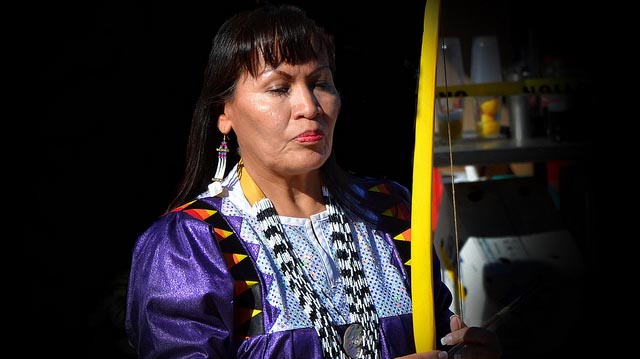
Source: NPR
Native Americans find it increasingly difficult to access quality health care as the pool of basic resources narrows for the under-funded health clinics. In recent years, the Indian Heath Services (IHS) agency, an extension of the Department of Health and Human Services, has been less accessible to Indian Americans who are, by law, entitled to health care services. Primarily for Indian Americans who live in urban areas or on reservations, these clinics are located hours away and often not equipped with basic resources, like emergency departments.
The IHS receives a flat grant annually that is supposed to provide health services for 2.2 million people, amounting to approximately $2,849 per person annually, according to a report by the National Congress of American Indians.
Most Indian Americans who seek these services are often the “poorest of the poor,” one health provider claims, and in some US states, like South Dakota, Medicaid coverage is not extended as an option. This leaves thousands of people with few alternatives, long waits to seek medical care, and a world of uncertainty for the future.
Read full story at: NPR
